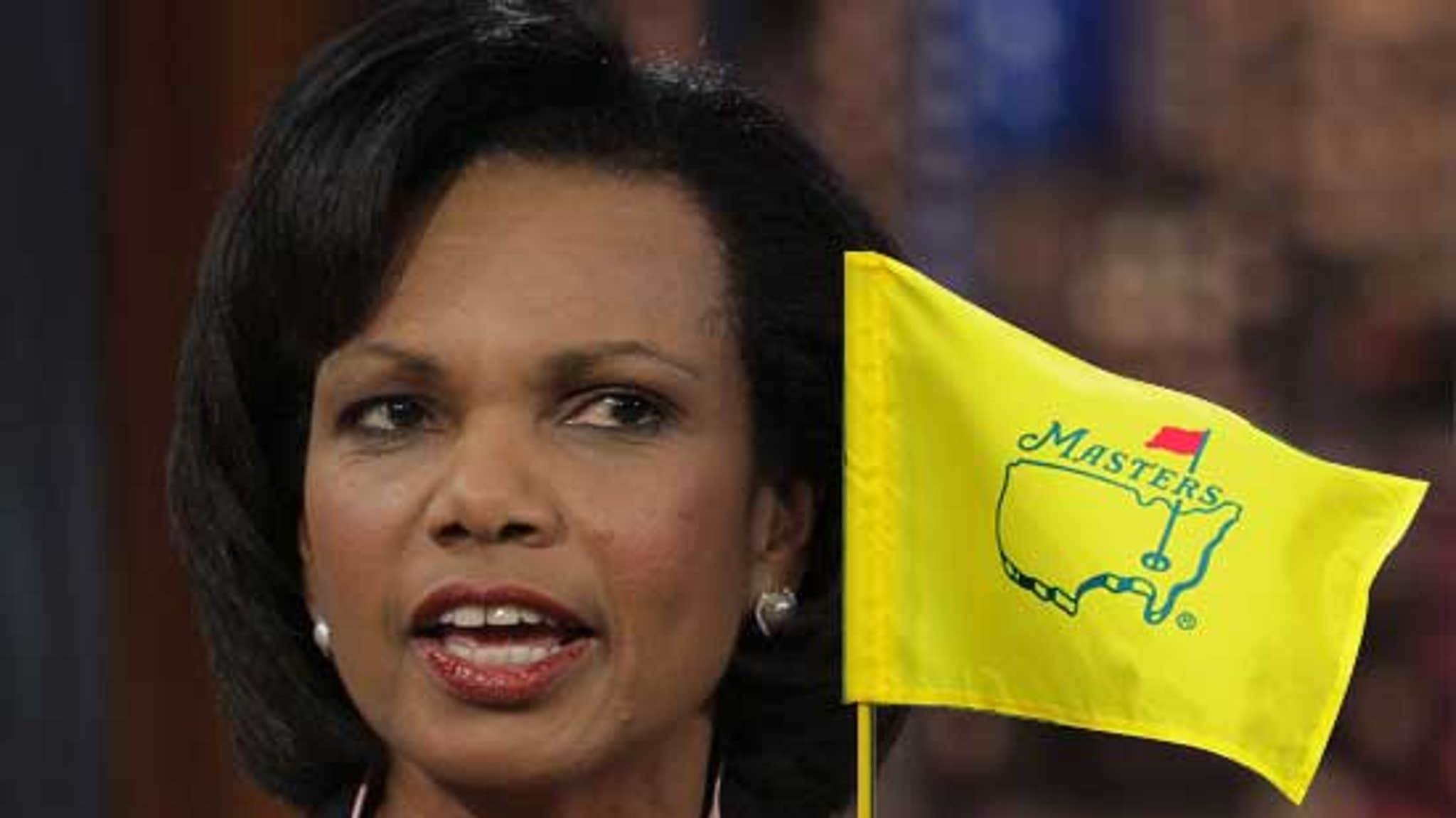Condoleezza Rice is a name that resonates deeply in the annals of American politics, education, and international relations. As the first African American woman to serve as U.S. Secretary of State and the first woman to hold the position of National Security Adviser, her career has been marked by trailblazing achievements and significant influence on global affairs. This article delves into the life, career, and legacy of Condoleezza Rice, exploring how she rose from humble beginnings in the segregated South to become one of the most powerful women in U.S. history.
Early Life and Education
Born on November 14, 1954, in Birmingham, Alabama, Condoleezza Rice grew up in a time when racial segregation was the norm. The only child of a Presbyterian minister and a teacher, Rice was raised in an environment that emphasized discipline, education, and hard work. Despite the challenges of growing up in a racially divided society, Rice’s parents instilled in her a belief in self-reliance and the power of achievement.
Rice’s academic journey began early. She entered the University of Denver at the age of 15, initially considering a career in music. However, her passion for international relations soon took root, leading her to pursue a bachelor’s degree in political science in 1974. She later earned a master’s degree in economics from the University of Notre Dame in 1975 and a Ph.D. in international studies from the University of Denver in 1981. Her doctoral work focused on Soviet and Eastern European affairs, setting the stage for her future in foreign policy.
Academic Career and Rise to Prominence
After completing her doctorate, Rice joined the faculty of Stanford University in 1981. Her expertise in Soviet and Eastern European politics quickly earned her recognition, and in 1993, she became the first woman and first African American to serve as provost of Stanford. During her tenure as provost, she played a pivotal role in shaping the university’s academic policies and managing its financial operations.
Rice’s academic career was not without its challenges. In the mid-1980s, she spent time in Washington, D.C., working as an international affairs fellow attached to the Joint Chiefs of Staff. This experience exposed her to the inner workings of U.S. national security policy and laid the foundation for her future roles in government.
Political Career and Key Roles
In 1997, Rice served on the Federal Advisory Committee on Gender-Integrated Training in the Military, further solidifying her reputation as a forward-thinking leader. However, it was her appointment as National Security Adviser by President George W. Bush in 2001 that catapulted her into the national spotlight. As the first African American woman to hold this position, Rice became a key advisor during one of the most tumultuous periods in U.S. history—the aftermath of the September 11 attacks.
Her role as National Security Adviser was critical in shaping the administration’s response to terrorism and the subsequent invasion of Iraq. Rice was instrumental in advocating for a strong U.S. stance against Saddam Hussein and played a central role in the decision-making process that led to the 2003 Iraq War.
U.S. Secretary of State and Foreign Policy
In 2005, Rice succeeded Colin Powell as U.S. Secretary of State, becoming the first African American woman to hold the position. Her tenure as Secretary of State was marked by a commitment to “Transformational Diplomacy,” a strategy aimed at promoting democracy and stability in regions like the Middle East.
During her time in office, Rice worked to strengthen U.S. relationships with allies and engage in diplomatic efforts to address global challenges. She played a key role in negotiations related to the Israeli-Palestinian conflict, the situation in Iraq, and the Iranian nuclear program. Her efforts to build bridges between nations and promote dialogue were widely recognized, although her policies also faced criticism from various quarters.
Personal Life and Legacy
Beyond her professional achievements, Rice has been a devoted educator and a passionate advocate for education reform. After leaving government service in 2009, she returned to Stanford University, where she continued to teach and mentor students. In 2020, she became the director of the Hoover Institution, a public-policy think tank at Stanford.
Rice has also made history in other ways. In 2012, she became one of the first two women to be admitted as members of the Augusta National Golf Club, a milestone that underscored her enduring influence and breaking barriers in traditionally male-dominated spaces.
Books and Writings
Rice has authored several books that reflect her deep understanding of international relations and U.S. foreign policy. Among her notable works are Germany Unified and Europe Transformed (1995), The Gorbachev Era (1986), and Democracy: Stories from the Long Road to Freedom (2017). Her autobiographies, Extraordinary, Ordinary People (2010) and No Higher Honor: A Memoir of My Years in Washington (2011), offer personal insights into her life and career.
Conclusion
Condoleezza Rice’s journey from a young girl in Birmingham, Alabama, to a leading figure in U.S. politics and international diplomacy is a testament to her resilience, intellect, and dedication. Her contributions to national security, foreign policy, and education have left an indelible mark on American history. As the first African American woman to hold two of the highest positions in the U.S. government, Rice continues to inspire generations of leaders and serves as a symbol of what can be achieved through perseverance and vision.
Stay updated with the latest news and explore today’s headlines to understand the evolving landscape of U.S. politics and global affairs.
Author: [Name]
Title/Role: [Job Title or Expertise]
Credentials: [Summary of Qualifications or Experience]
Profile Link: [Optional Profile Link]
Sources:
– Biography.com – Condoleezza Rice Biography
– Stanford University – Condoleezza Rice
– Hoover Institution – Condoleezza Rice
Internal Links:
– US Trending News: Top Stories Today
– Political Figures in US History
– International Relations and U.S. Foreign Policy
Image Optimization:
–
–
– 
–
– 










More Stories
US Trending News: The Amanda Kelly Story
US Trending News: What You Need to Know About the Baby Bar Exam
US Trending News: What You Need to Know About the Bar Exam